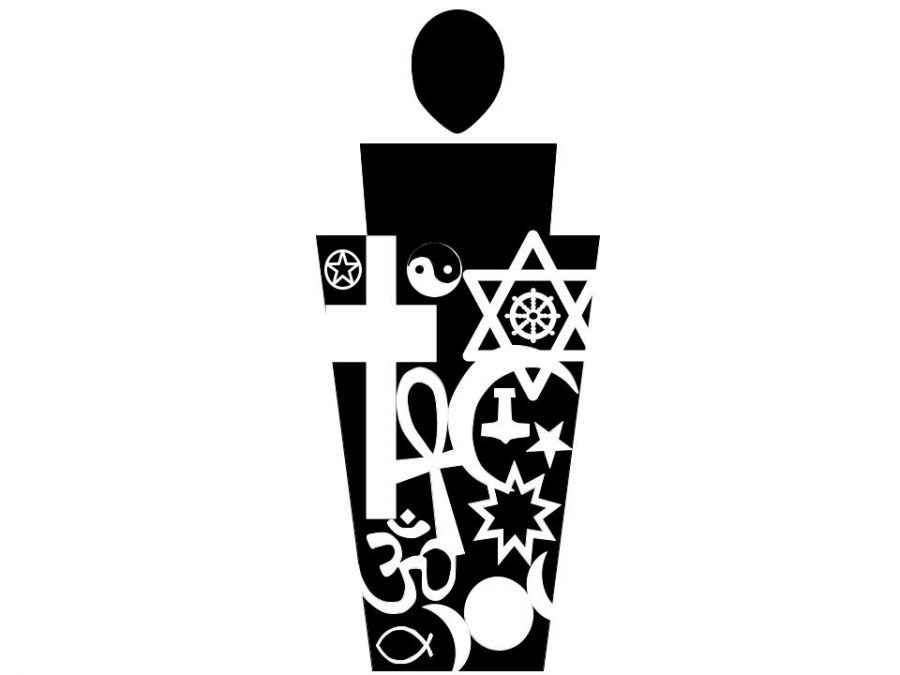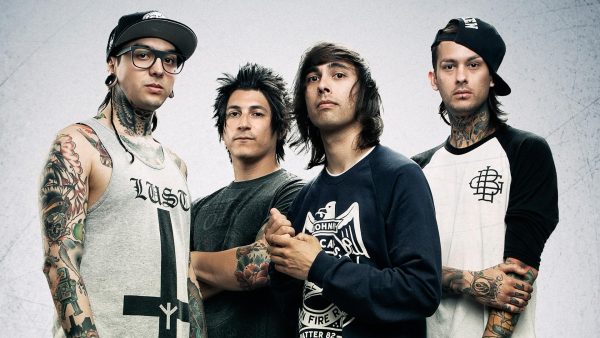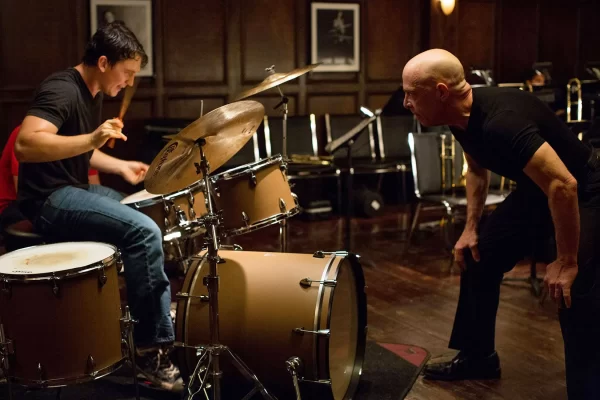Religion in Politics: Yea or Nay?
Is it possible for religion to mix with politics? Or shall they be remain separate like that of oil and water?
In being dubbed the “melting pot”, the United States is a diverse nation in many respects. Religion falls under this umbrella. As a newly born nation, the founding fathers put forth a document detailing protections to this diversity: the Bill of Rights. Arguably one of the most important of the 25 Amendments, is the very first. It is common knowledge that the first safeguards the following; freedom of speech, freedom of press, freedom to peacefully assemble, freedom to petition the government for redress of grievances, and, the subject of this article, freedom of religion.
Religion is a staple in many American citizens’ lives, Sunday often being dedicated as Holy Day. As such, it should come as no surprise that our government reflects this. Congress itself, consisting of 535 members, has individuals who are Protestant (about 55.4%), Catholic (about 28.9%), Jewish (about 6.2%), Muslim (about 0.6%), Hindu (about 0.4%), or not affiliated with any religion (about 3.4%) [Pew Research Center]. Since Congress is made up of our people, these percentages hold true for the U.S as a whole. Christian religions remain the dominant religion at 70.6% of families (Protestants making up 46.6% of this), Catholics at 20.8%, non Christian faiths (Jewish, Muslim, Buddhist, and Hindu) holding 5.9% of families, and other faiths (including those who are unaffiliated, atheist, agnostic, or undecided) holding 1.5% [Pew Research Center].
With much of America being religious, there are many religious leaders out there to accommodate the large number of people that the U.S is home to. This raises a question. It is well known that depending on the office, almost anyone can hold a public office, the only restrictions appearing most of the time being age, citizenship (particularly with higher offices, like state representative), and residency in your state or the U.S for a specified amount of time. The question is, with this in mind, does a religious leader, such as a minister, rabbi, imam, priest, or any other clergy member in a religious tradition, have the right to run for public office?
The simple answer, if they fulfill the requirements for the office that they are running for, is yes, there is nothing stopping them from running in legal terms. However, the question becomes ‘should religious leaders run for public office?’
It has been widely debated and due to it being a matter of opinion, there isn’t a real answer to this dilemma. For the sake of this article, we are going to delve into running for public office and what the leader can do to address the concept of “separation of church and state”, an American principle that is alluded to in the First Amendment called the “Establishment Clause” that promotes the idea of keeping distance in regards to the relationship between that of politics and religious organizations.
In my mind, there are three items that a religious leader can do in light of this: refrain from making any biased decisions in regards to religion and anything related to religion, don’t attempt to enforce any national religion or religious practices, and serve the people first, not yourself or your chosen religion. All three assure that the First Amendment is not challenged and the Establishment Clause is acknowledged and taken into consideration.
Now, you may be thinking that surely this can’t be done or is too difficult to be done, religion and politics like oil and water. However, you would be mistaken. Back in 2015, there were seven ordained ministers that held seats in Congress, only one more than the very first U.S Congress of the late 1700s [Pew Research Center]. Granted, the first Congress was much smaller then, being a proud 91 members in contrast to our current 535. To “top it off” so to speak, our first speaker of the U.S. House of Representatives, Frederick Muhlenberg of Pennsylvania, was a Lutheran minister who served in 1789 to 1797. There have been a few African Methodist Episcopal Church ministers that have held congressional office as well as two Catholic priests that served as voting members of Congress. A Jesuit priest from Massachusetts, Reverend Robert F. Drinan served as a Democratic member of the House in 1971 to 1981 and was the first member of Congress to introduce a resolution calling for President Richard M. Nixon to be impeached, eventually doing so in 1973 after the secret bombing of Cambodia, which had been ordered by Nixon, was unearthed [Pew Research Center]. James Garfield, our 20th President, was a lay minister of the Disciples of Christ before he entered the realm of politics [PBS].
This is all to say that though uncommon, it is not impossible. In the past, clergy members have served in public office and been successful in their positions. Thus, no evidence can be found to suggest that there isn’t a reason why a member of the cloth could not successfully serve the people, in a religious and political sense.







